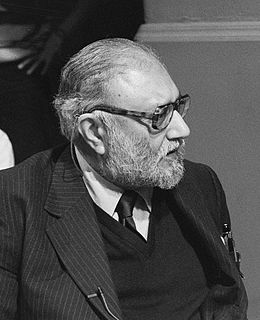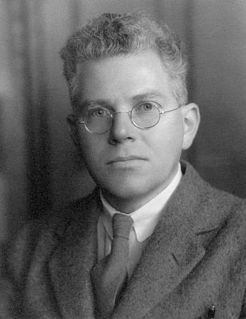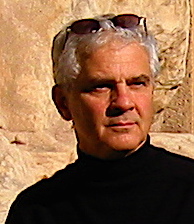A Quote by Jerry Brown
Nuclear power will be the Vietnam issue of the 1980s.
Related Quotes
Regarding the Korean Peninsula nuclear issue, we reaffirm that we are staunchly committed to realizing the denuclearization of the peninsula and upholding the international nuclear nonproliferation system. Both sides will continue to strictly enact all UN Security Council resolutions. And at the same time, we are committed to continuing to solve the North Korean nuclear issue through dialogue and talks.
On January 20, 2017, Trump will be sworn in as the 45th president of the United States, and he will be given the nuclear codes and the power to launch the U.S. nuclear arsenal, which is comprised of some 7,000 nuclear weapons. A military officer will always be close to Trump, carrying the nuclear codes in a briefcase known as the "football."
Almost all of the governments have agreed that they will not acquire nuclear weapons and that they will allow the International Atomic Energy Agency to monitor their commercial and research nuclear power operations to ensure that nuclear materials - highly enriched uranium and plutonium - are not diverted to use in weapons.
I, who had been in favour of nuclear energy for generating electricity ... I suddenly realised that anybody who has a nuclear reactor can extract the plutonium from the reactor and make nuclear weapons, so that a country which has a nuclear reactor can, at any moment that it wants to, become a nuclear weapons power. And I, right from the beginning, have been terribly worried by the existence of nuclear weapons and very much against their use.
the IAEA illegally insisted on politicizing the Iranian nation's nuclear case, but today, because of the resistance of the Iranian nation, the issue is back to the agency. And I officially announced that, in our opinion, the nuclear issue of Iran is now closed and has turned into an ordinary agency matter.
In the mid-1980s, operating problems took [nuclear] plants off-line so often that, on an annual basis, they operated at only about 55 percent of their rated total generating capacity. Today, as a result of several decades of experience and an intense focus on performance ... nuclear plants in the United States operate at over 90 percent of capacity. That improvement in operating efficiently is so significant in its impact that it can almost be seen as a new source in electric power itself.
At the beginning of his administration, Reagan tried set the basis for American military intervention in El Salvador - which is about what Kennedy did when he came into office in regard to Vietnam. Well, when Kennedy tried it in Vietnam, it just worked like a dream. Virtually nobody opposed American bombing of South Vietnam in 1962. It was not an issue. But when Reagan began to talk of involving American forces in El Salvador there was a huge popular uproar. And he had to choose a much more indirect way of supporting the collection of gangsters in power there. He had to back off.


































